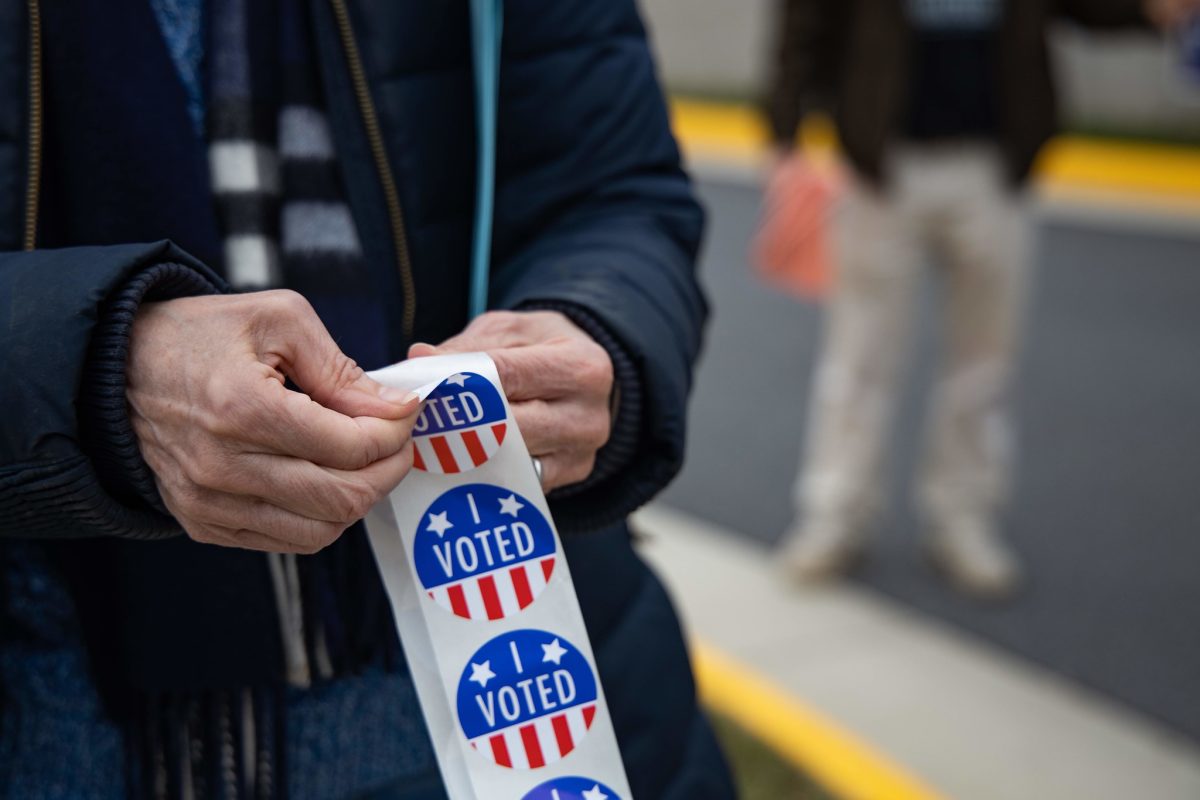A proposed constitutional amendment making headway in the Virginia General Assembly would grant former felons the right to vote. Senate Bill 21, introduced by Sen. Mamie Locke, D-Hampton, also removes a prohibition preventing people from voting who were declared by...




